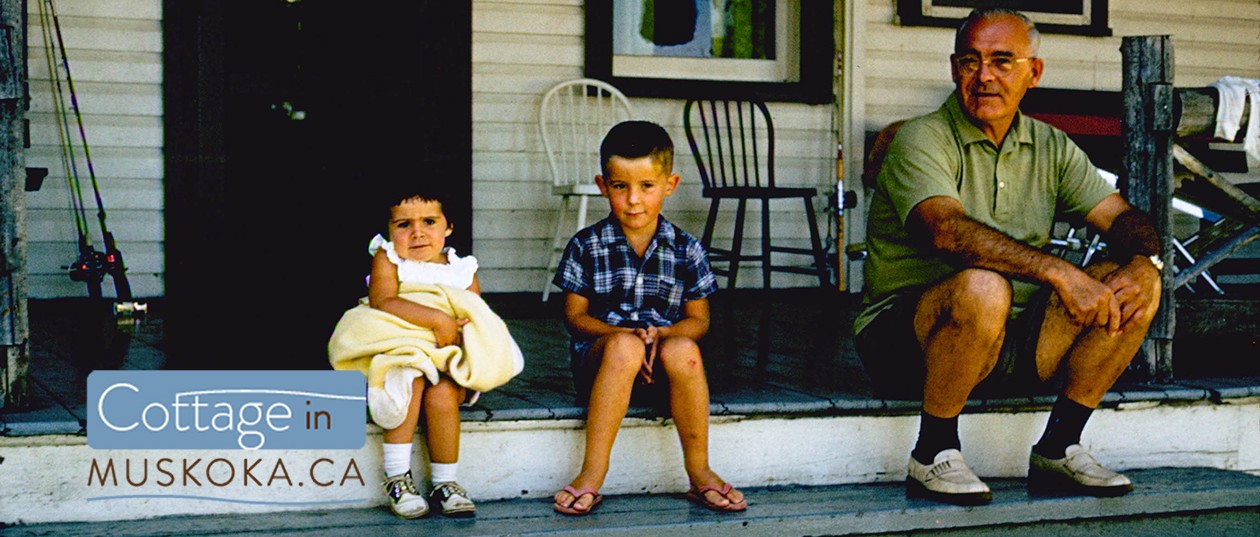As mentioned in previous posts, cottage owners and cottage buyers want to know about water quality on lakes in Muskoka. Because water quality has a direct relationship to property value, and algae – particularly algal blooms – directly affect water quality, we all want to know as much as we can .
I just completed and uploaded a video here for the Muskoka Watershed Council YouTube page. The subject is a talk that was presented by Dr. Andrew Paterson of the Dorset Environmental Centre at the Muskoka Stewardship Conference at Nipissing University in Muskoka (Bracebridge). The event’s theme was What Are You Watching?
This highly interesting talk looks at studying lake sediments deposited over hundreds – and even thousands of years. Sediments are archives of environmental change and within them are clues to possible triggers of algae outbreaks.
Dr. Paterson talks about sediment research done in Lake of the Woods in north-western Ontario and the Hudson Bay Lowlands which may help scientist understand occurrences in the lakes of Muskoka. There is discussion on the relationship between water quality and property value for cottagers. The seeming paradox of stable or even declining phosphorous levels – the usual algal bloom suspect- at the same time as blue-green outbreaks are increasing. And of course, the effect of climate change.

Of particular note is the 2005 toxic algal bloom in Three Mile Lake in 2005, where research may indicate the possible triggers of record high temperatures coupled with record low precipitation which occurred in the fall of 2005 in Muskoka.
There is significant evidence that a warming climate is related to the increase in algal blooms. Dr. Paterson suggests that if algae was the music that we hear from a radio: then phosphorous is the volume; other nutrients (particularly nitrogen), light, etc., influence what species are present – are the “tuning”; and climate is the antenna. The presentation concludes that blue-green algae likes it hot!
Click here for the link to the video on YouTube.
















